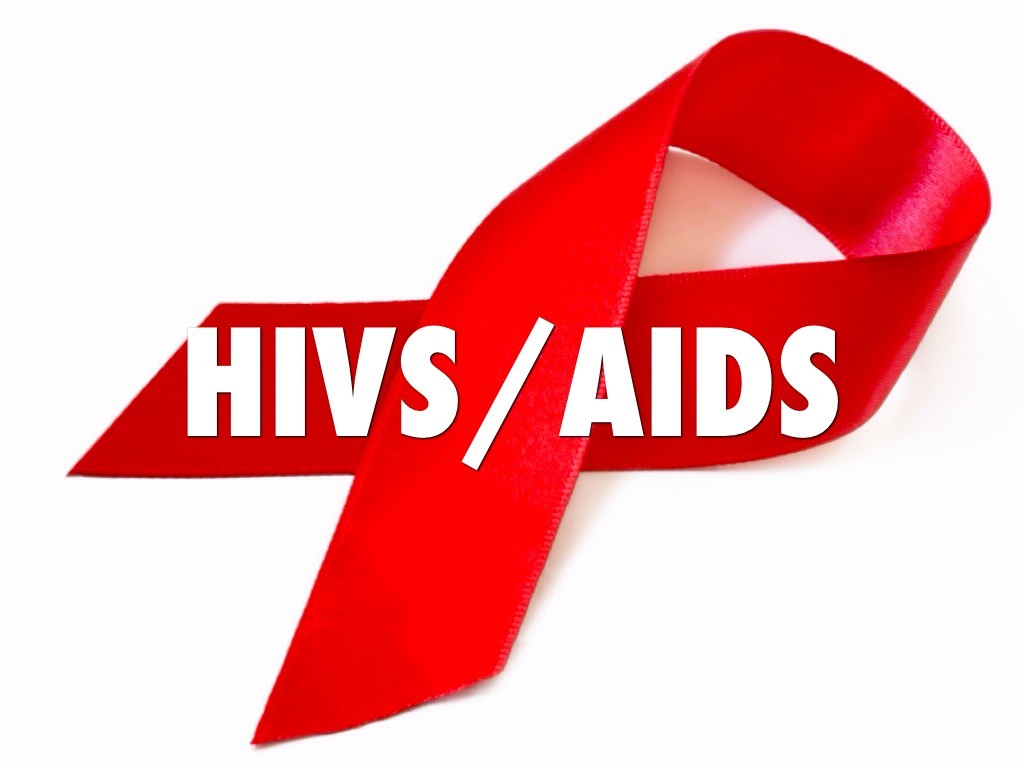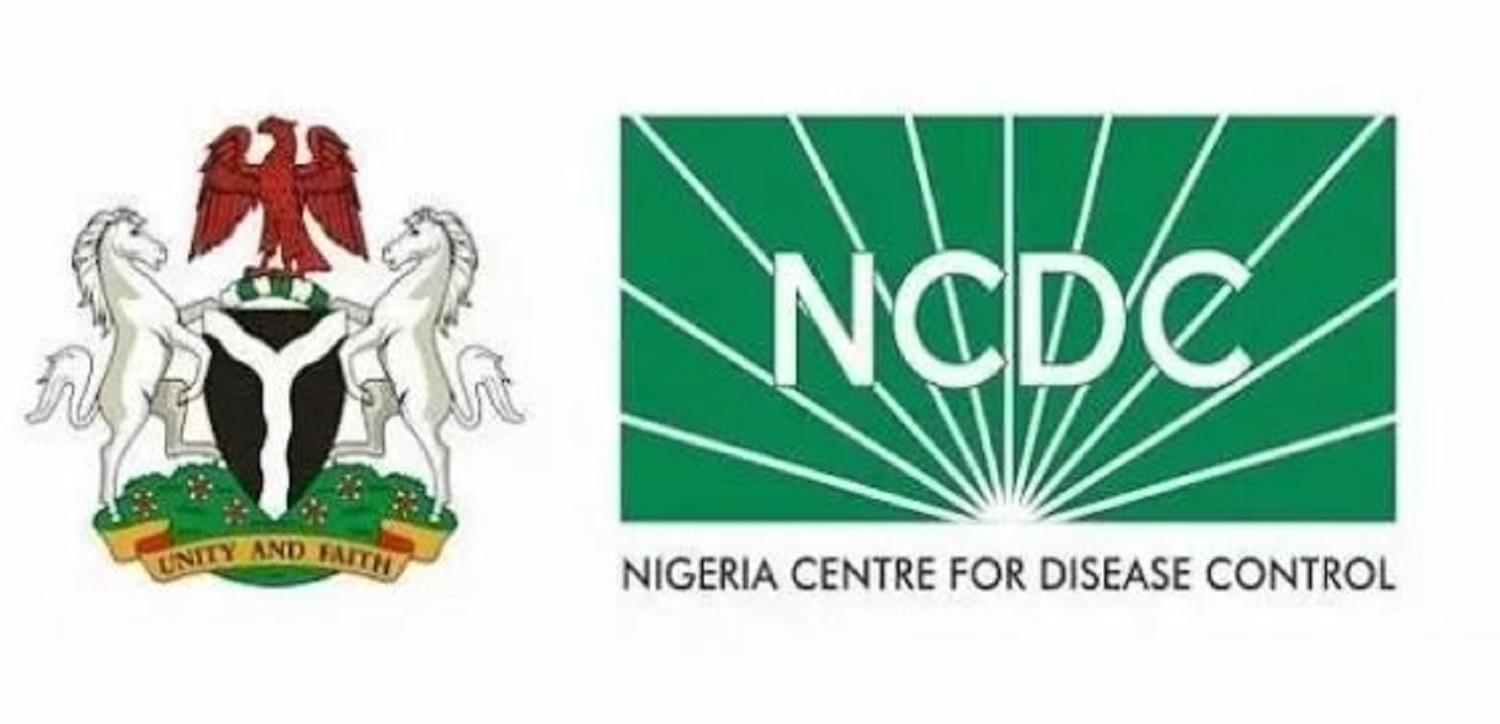Health
FG Gives States N50bn to Fight COVID-19 – PTF

By Mathew Dadiya, Abuja
The National Coordinator of Presidential Task Force (PTF) on COVID-19, Dr. Sani Aliyu has disclosed that the Federal Government has so far released N50 billion to state governments to curtail the spread of the pandemic.
Aliyu said that the sub-nationals have enough resources to be able to push for increased testing and improved surveillance for the coronavirus.
He urged the governors to use the resources avail to them for the purpose that the federal government has given, warning that “there has to be continuous investment in making sure that the pandemic comes down, adding that the curves of the pandemic have not flattened.
The PTF coordinator spoke on Tuesday during the media briefing by the PTF, emphasizing that massive testing for COVID-19 would begin this week.
He also disclosed that a list of the first 100 passports of passengers that have failed to show up for the test at day 14 since arrival will be published once it is established they had no cogent reason for their failure to turn up for testing at day seven.
He said: “This week marks the beginning of a major initiative of increased testings for COVID-19 in the country. Congratulations to Lagos and FCT for testing at least 81 percent of their population.
“In fact FCT has tested at least two percent of their population of the target we had given. Three states are well on their way – Plateau, Gombe and Rivers.
“They have already gone beyond 50 percent mark of the target. But quite a number of states have not even reached even a quarter and we continue to be concerned because, we can say with a fair decree of confidence that we know what is happening in Lagos and FCT when it comes to COVID-19 but we cannot say the same of other states.
“So, we thank all states governors for opening up sample collection centers across the country. We have given resources to state governments. Every state has received at least a billion naira, the states government have received the largest single bulk of the PTF intervention. As of today, a total of N50 billion went to states. So we have have enough resources at the state level to be able to push for increased testing and improved surveillance.
“We will continue to work with states government and urged them to use these resources for the purpose that the federal government has given. We have to invest in making sure that the pandemic comes down. There is no doubt we have not flattened the curve yet. For those of us that follow the numbers very closely, despite the fact that we are not testing enough, if you follow the number on a week to week basis, you would have noticed a changed in the trajectory in the last one week based on the numbers released.
“So, please if you have symptoms get tested, there is nothing to be afraid of if you are positive, we will take steps to make sure that you are managed properly and ensure you don’t infect your loved ones. And all of us have a role to play.
“Over the last few weeks have taken the initiative of opening up our economy, the combination of opening work places, schools, markets, airports and a major demonstration without any pharmaceutical interventions is a toxic combination for any country already in the toss of COVID pandemic. Therefore, we should continue to be responsible for our actions, protect ourselves and those we relate with or relate to.
“The PTF is monitoring closing the situations in European countries that are now struggling to cope with the second wave of infections. Countries like England and France have already gone into lockdown as a number of cases continue to rise.”
“Upto 7,000 passengers will potentially come into the country when we fully reopened our airports. The risk of reintroduction and a second wave of COVID-19 is real and this is why we cannot rest on our oars. Our airports, portal services are the first lines of defence when it comes to dealing with the pandemic, so we will like to remind travellers that it is absolutely essential, that you have double testing. Testing before boarding and testing at day seven after arrival in the country.
“When we looked at our data for the first 5,000 plus passengers coming into the country, 105 were positive at day seven of testing, whereas they only had negative PCR result on arrival. This is in a situation where we have not even opened our airports.
“Nigeria continues to have one of the most strict processes when it comes to entering the country as it relates to COVID-19. We are proud of this policy because this is what has been minimizing the risk of reintroduction of the infection.
“We know there had been challenges with the portal, we continue to work very closely with our IT to make sure that passengers have a pleasant experience. But there is also responsibility on the part of the passenger.
“A situation where a passenger pays for a test and knows that a test needs to be done on day seven but fails to present for testing despite reminders, is very difficult to understand. The reason we test on day seven is in order to pick up those small percentage of individuals that may have been incubating the illness on their way into the country and also to allow people stop isolating on day seven.
“We know there has been issue about the cost of PRC testing and why it’s being done with the private sector. The cost is being determined by negotiation between the private laboratories and the states government.
“The role of the PTF is to ensure that the cost are not excessive. We have taken it as a priority to continue to push the cost of PCR testing down. When we started off with Abuja portal the cost was about N42,000, it’s down N39,500.
“Last week we directed the Lagos portal to stop charging passengers outside Lagos N50,000. Kano is charging N36,000 per test, Imo is N38,000 per test. All these are based on negotiations with states but overall, our plan is to continue to push the cost down, continue to supervise private laboratories to ensure they fulfill their own part of the bargain.
“We have teams working with the private laboratories all over the country so that passengers will not need to move around in order to have a test on day seven. But we have to make sure that our quarantine rules are strict if we want to stop transmission, reintroduction of COVID-19 in the country.
“We are looking at our data and over the next few days, we will be publishing a list of the first 100 passports that we will suspend for passengers that have failed to show up for the test at day 14. We will recheck with these passengers to make sure that they had not had the test by day 14.
“If there is no reason for failing to do so, we will suspend the passport for six months. This is the only way we can enforce testing at day seven and make sure that we follow up those that are infected.
“The alternative is to stop flights from countries with high prevalence. And for us, we don’t think this is an alternative that is palatable for all of us because we need to keep our economy up. And for this reason, we will start enforcing what we have right at the beginning of this protocol stated of which we already have approval from Mr. President to do so.
“These measures are not punitive, we know the pandemic is not over yet. We cannot retrogress to where we were before, there is a real risk that we will enter a second wave and we do not want to find ourselves with the situation we were back in March/April. So, please let’s be responsible and protect our loved ones.”
Health
Expert Advocates For Elimination of Mother-to-Child Transmission of HIV Through HIV Self Testing.

From Attah Ede, Makurdi
Eliminating mother-to-child transmission of HIV in Nigeria is an achievable goal, but it requires innovative approaches that can address the unique barriers faced by women in underserved communities.
An expert on health related matters, Dr Godwin Emmanuel stated while interacting with newsmen as part of activities commemorating the just concluded World Aids Day in Makurdi, the Benue State capital.
Dr.
Emmanuel who is the Managing Partner/Impact Officer of MOZUK Future Solutions Limited, stated that the World AIDS Day have come and gone, yet Nigeria government must not fail to examine some of the gaps that must be urgently bridged as a nation.He explained that each year, thousands of children are born with HIV, largely due to inadequate access to testing and treatment during pregnancy, disclosing that the Joint United Nations Programme on HIV/AIDS (UNAIDS) estimates that Nigeria contributes about 22% of global paediatric HIV cases which indicates the urgent need for innovative approaches to curb MTCT.
“This brings me to a recent study in Lagos and Kano which demonstrated how HIV self-testing kits offer a practical, effective, and scalable solution to our MTCT challenges.
“The study interrogates an initiative seeking to integrate HIV Self-Test (HIVST) kits into TBA services as part of a broader strategy to eliminate MTCT.
“The intervention targeted underserved communities where healthcare access is limited, leveraging the trust and accessibility of TBAs to distribute self-testing kits and provide essential counselling”.
According to him, the study, led by Dr. Toriola Adebayo of Lagos State University Teaching Hospital and Dr. Usman Bashir of Aminu Kano Teaching Hospital, articulated the role of local expertise in advancing healthcare solutions tailored to community needs.
“In this intervention, 182 TBA clinics across three local government areas (LGAs) in Lagos and Kano States were equipped with HIVST kits. TBAs received extensive training on the administration of the tests, pre- and post-test counselling, and linkage to care for those who tested positive.
“Among the 1,982 pregnant women enrolled in the study, pre-intervention testing rates were markedly low, with just 60% in Lagos and 38% in Kano having ever been tested for HIV. After the introduction of HIVST, testing uptake surged, with all participants voluntarily using the kits during antenatal visits.
“The results were promising:
HIV Positivity Rate: An overall positivity rate of 0.8% was recorded, with slightly higher rates in Lagos (1.1%) compared to Kano (0.8%).
“First-Time Testers: Remarkably, 80% of those who tested positive were undergoing HIV testing for the first time.
Linkage to Care: All HIV-positive individuals were successfully linked to ART services, demonstrating the effectiveness of the TBA-led model in bridging gaps in healthcare access.
“The success of this initiative exemplifies how HIVST can become a cornerstone of affirmative action against paediatric HIV infections, which was also a critical focus of World AIDS Day observances.
“As evidenced by the success of the Lagos and Kano initiative, when confidentiality, stigma reduction, and leveraging trusted community figures like TBAs are prioritised, HIVST has the potential to transform PMTCT efforts across Nigeria.
“This is even more so with sustained investment, community buy-in, and political will. This can move us closer to a future where no child is born with HIV and every mother has the opportunity to live a healthy, fulfilling life”, Dr. Emmanuel alluded.
He further revealed that HIV self-testing kits offer a simple, private, and effective means of determining one’s HIV status, adding that the kits allow individuals to test themselves using a saliva sample or a small drop of blood, with results available in minutes.
Highlighting the importance, the health, said the convenience and confidentiality of this method are particularly appealing to those who might avoid traditional testing due to stigma or fear of disclosure.
He stated that the fear of being judged or ostracised often prevents pregnant women from seeking HIV testing, stressing that HIVST kits allow individuals to test in the comfort of their homes or a private setting, without fear of disclosure. This is particularly crucial for pregnant women, who may face compounded stigma if diagnosed with HIV.
“Increased Testing Uptake as demonstrated shown the intervention in Lagos and Kano demonstrates that when provided with confidential and convenient testing options, more women are willing to know their HIV status. Early diagnosis is key to initiating ART, which can reduce the risk of MTCT to less than 1%.
Health
NAFDAC Supports Herbal Medicine, says Must go Through Clinical Trials

Prof. Mojisola Adeyeye, the Director-General, National Agency for Food and Drug Administration and Control (NAFDAC), says she supports herbal medicine production in the country.
She said this on a Forum in Abuja.
She, however, explained that for NAFDAC to accommodate herbal medicine as part of its regulated products, such herbal preparation must go through clinical trials.
She disclosed that the major challenge to herbal medicine practitioners is how to secure resources to finance clinical trial for their products, which she said cost a lot of money because it is a major aspect in medicine.
She added that “I believe in natural medicine, I was brought up with it, like the Agbo that we were taking and it was working.
“Herbal medicine or natural medicine work, before I came back home from the United States, I started a research on natural medicine for the cure of sickle cell, my niece who is a sickler got on it and her episodes decreased by 70 to 80 per cent.”
She explained that the agency gives approval for natural medicines once proven it is not toxic, and they have been used and tested before.
“We approve them for two years and then they can renew if they do clinical trial because it is something we are not used to in Nigeria.
“China supports many of these herbal practitioners.”
The director-general also spoke about using fruits and vegetables as medicine to cure some illnesses, adding that some of these fruits contain antioxidants that prevent cancer. (NAN)
Health
NCDC Calms Fears over XEC COVID-19 Variant, Urges Continued Vigilance

The Nigeria Centre for Disease Control and Prevention (NCDC) has allayed public fears over the detection of the SARS-CoV-2 XEC subvariant globally.
The Director-General of the centre, Dr Jide Idris, did this in a public advisory issued on Saturday night in Abuja, made available to newsmen.
Idris reassured Nigerians that the variant, though identified in 29 countries, has not been detected in Nigeria.
He said that the XEC subvariant, a descendant of the Omicron JN.
1 lineage, was currently classified as a Variant Under Monitoring (VUM).According to him, this means that it is being closely observed for potential concerns but does not yet pose significant risk.
“The XEC sub-variant has been reported in Europe, Asia, North America, and Africa, with Botswana being the only African country to record cases so far.
“While the sub-variant exhibits higher transmissibility, there is no evidence of increased disease severity,” he said.
The NCDC boss said that Nigeria had been monitoring the JN.1 variant, classified as a Variant of Interest (VOI), which has been present in the country since January.
He assured Nigerians that the National COVID-19 Technical Working Group was conducting continuous surveillance and data analysis.
Additionally, he said that a dynamic risk assessment was being organised to strengthen the country’s preparedness and response capabilities.
He urged health facilities nationwide to ramp up COVID-19 testing and forward positive samples to accredited laboratories for genomic sequencing.
He encouraged the public to maintain vigilance and adhere to basic health protocols, including handwashing, mask usage in crowded spaces, and ensuring proper ventilation indoors.
He advised vulnerable groups, such as the elderly and those with underlying health conditions, to remain cautious.
“COVID-19 remains a significant risk, particularly for the elderly, individuals undergoing cancer treatment, organ transplant recipients, and those with suppressed immune systems.
“We urge Nigerians to get vaccinated and receive booster doses as recommended,” he said.
The director-general also called on state governments to enhance public health infrastructure, provide resources for improved surveillance and diagnostics, and promote public health education.
He reaffirmed the agency’s commitment to providing Nigerians with accurate and timely information on the evolving COVID-19 situation globally.
He urged citizens to avoid misinformation and rely on verified updates from its platforms.
“For assistance, the public is encouraged to contact the NCDC via its toll-free number 6232 or, WhatsApp: 07087110839, Twitter: @NCDCGov and Facebook: @NCDCgov,” he said.
Report says that the XEC variant of COVID-19 is a recombinant strain, meaning it results from the combination of genetic material from two or more existing variants of the SARS-CoV-2 virus.
Recombinant variants can emerge when different strains infect the same individual and exchange genetic material during replication.
This process may lead to new variants with unique properties, such as increased transmissibility, virulence, or resistance to immunity.
While thousands of mutations have been tracked globally, only a few variants are monitored for public health significance.
Nigeria’s NCDC and global health organizations like the WHO continue genomic surveillance to monitor and respond to emerging variants.(NAN)































